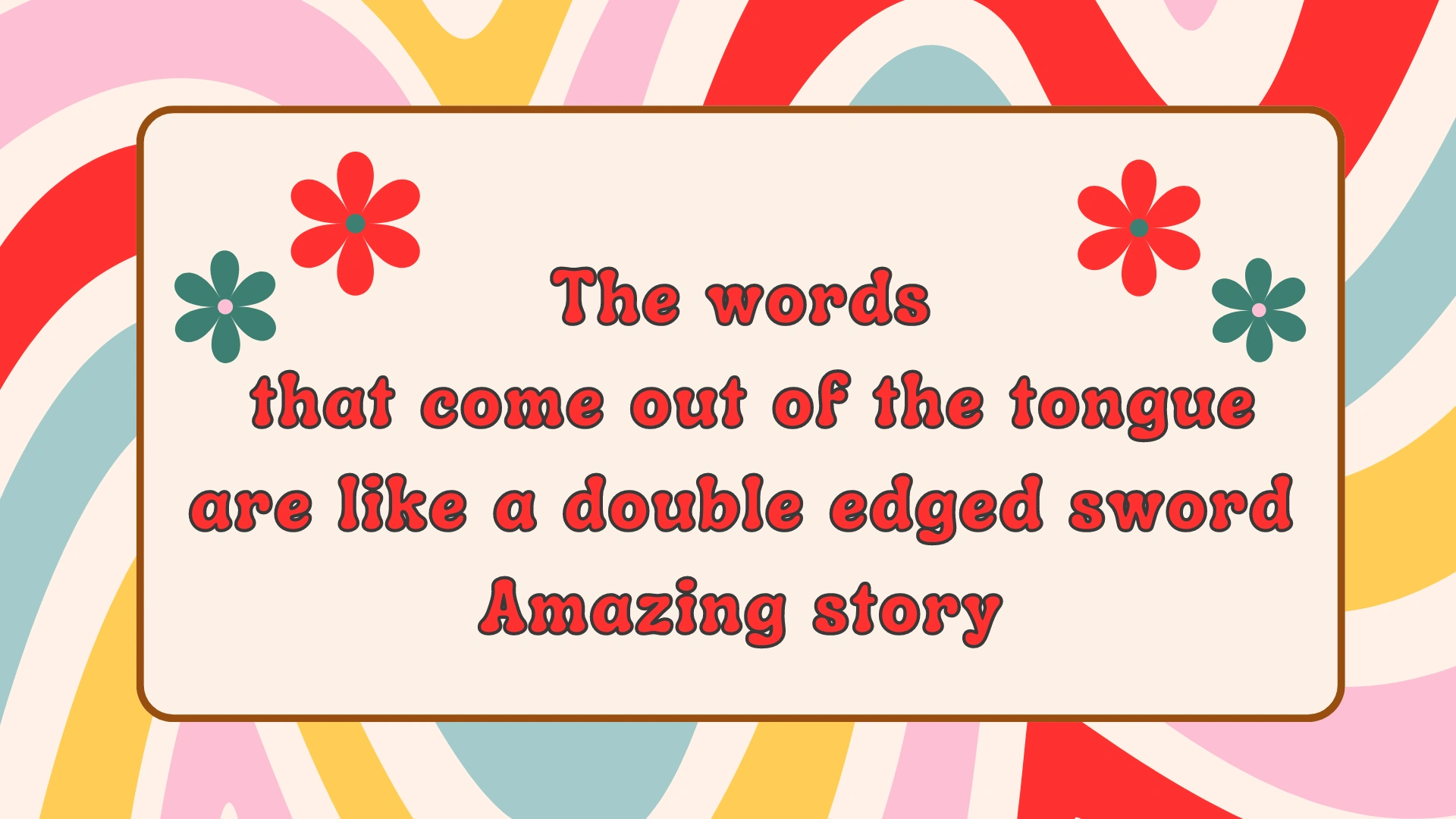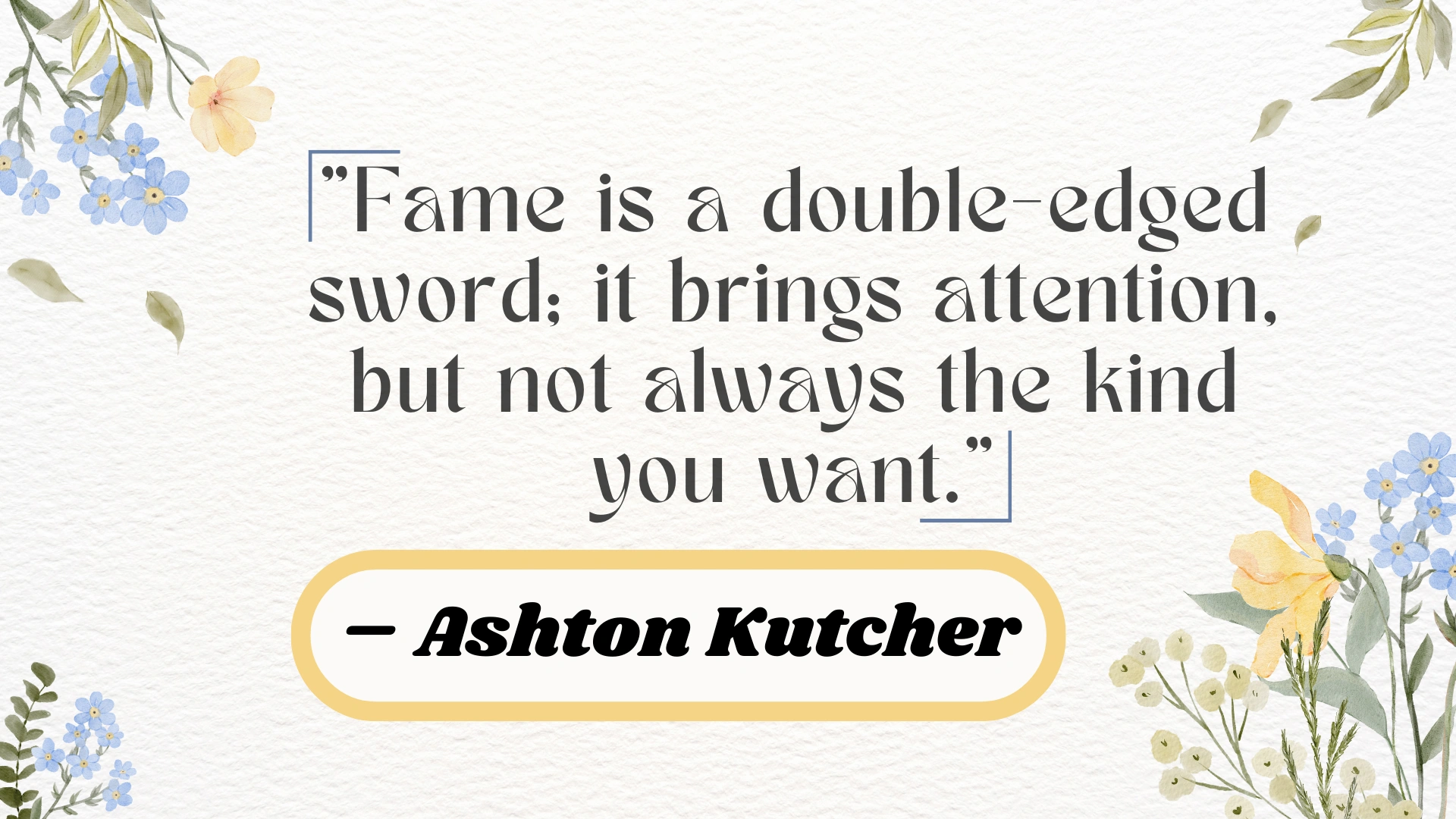Welcome to (International Stories). In this story, we will discuss The words that come out of the tongue are like a double edged sword Amazing story I hope you will like this story.
The words that come out of the tongue are like a double edged sword Amazing story
There was a professor at the university
Those who used to wear lady watch in their wrists, seeing which all the students used to laugh,
After a long time when we were exposed through the Vice Chancellor
So it turned out that
The female watch worn by Professor Sahib was of his dead wife…
Learned from this incident that
“Some hearts feel pain and pain even after the death of a loved one without speaking.”
Once upon a time in the hospital
A young girl was walking in the corridor while visiting a patient.
The wig (hair) fell off
Everyone there laughed at him,
When we moving on when and another woman helped him
So she started saying while crying
There is no fault of me in this.
“I have Cancer”
That’s why my hair was removed.
So that’s why I have to put this artificial wig on…
Just like that in the graveyard
Heard a ten year old boy standing on a grave saying something he was saying
“Mama, wake up and go to school with me.”
I have to answer all the boys
The boy grunts and says and thatthey say they says how lazy and lazy your mom is for not taking care of your studies..
Looking at someone’s physical condition, we should definitely not make fun or give any kind of blunt reaction.
Maybe he is hiding a thousand sorrows that we are not aware of…
Think before you speak
Think about it
And the reaction
Take care of the feelings of the next person before giving…
Undoubtedly, some things kill a person…
Suspicion spoils a lot of things
There is a saying in Arabic
“Translation ”
The words that come out of the tongue are like a double edged sword.
Be careful
CONCLUSION:
The stories you’ve shared are powerful reminders of the unseen pain people carry with them, hidden beneath the surface of their daily lives. Each story illustrates how quick judgments, harsh reactions, and thoughtless words can cut deep into a person’s heart—like a double-edged sword.
The professor wearing his late wife’s watch, the young girl battling cancer, and the boy grieving his mother all represent lives touched by hardship. Yet, in each case, their pain remained hidden until an unexpected moment revealed it. Those who laughed or judged did so without knowing the full story, only to later discover the depth of sorrow they had inadvertently added to.
The Arabic saying, “The words that come out of the tongue are like a double-edged sword,” perfectly encapsulates the moral lesson these stories offer. Words, like swords, can either protect or harm. When used recklessly, they can inflict wounds that may never fully heal, but when used with kindness and care, they have the power to uplift, soothe, and heal.
The conclusion is clear: Think before you speak. We never know the battles others are fighting or the grief they may be quietly enduring. By exercising empathy, compassion, and understanding, we can avoid causing unintended harm and instead contribute to a more supportive and considerate world. Let your words be instruments of peace, not weapons of pain.
FAQ:
What is the mean of a double-edged sword?
A double-edged sword refers to something that has both positive and negative consequences. While it can be beneficial or advantageous in certain situations, it also carries risks or downsides. The term comes from the idea that a sword with two sharp edges can be useful for attack or defense but also poses a risk of harming the person wielding it.
For example, technology can be a double-edged sword—while it improves efficiency and convenience, it can also lead to issues like data privacy concerns or social isolation.
What is the idiom for a double-edged sword?
The idiom “double-edged sword” itself is commonly used to describe a situation, decision, or tool that has both positive and negative aspects. It’s often applied when something offers both benefits and drawbacks at the same time.
For example:
“Social media is a double-edged sword—it connects people worldwide, but it can also lead to misinformation and addiction.”
The phrase emphasizes that while something may seem useful or advantageous, it comes with inherent risks or downsides that could backfire.
What is a double-edged sword in real life?
In real life, a double-edged sword is any situation, tool, decision, or development that has both positive and negative consequences. Here are a few real-life examples:
Social Media:
Benefit: It connects people, promotes businesses, and spreads information quickly.
Downside: It can lead to cyberbullying, misinformation, addiction, and privacy concerns.
Nuclear Energy:
Benefit: It provides a powerful and efficient source of energy that can meet large-scale electricity demands.
Downside: It carries the risk of catastrophic accidents (like Chernobyl or Fukushima) and the problem of managing radioactive waste.
Credit Cards:
Benefit: They offer convenience, build credit history, and provide short-term access to funds.
Downside: They can lead to debt, high interest payments, and financial problems if not managed properly.
Remote Work:
Benefit: Increased flexibility, reduced commuting time, and improved work-life balance.
Downside: Can lead to isolation, difficulty in maintaining work boundaries, and challenges in team collaboration.
In each case, the thing in question offers clear advantages, but those advantages come with significant risks or disadvantages.



Just wanted to say I love reading through your blog and look forward to all your posts! Keep up the excellent work!
I do not even understand how I ended up here, but I assumed this publish used to be great
Mating Press I’m often to blogging and i really appreciate your content. The article has actually peaks my interest. I’m going to bookmark your web site and maintain checking for brand spanking new information.
Masalqseen I truly appreciate your technique of writing a blog. I added it to my bookmark site list and will
Insanont I do not even understand how I ended up here, but I assumed this publish used to be great
Lois Sasson very informative articles or reviews at this time.